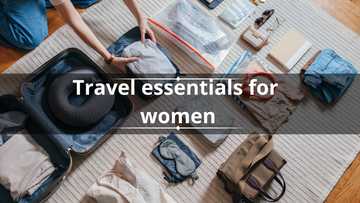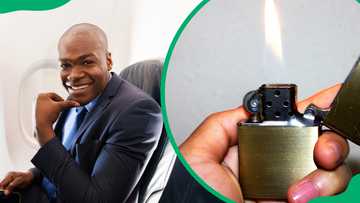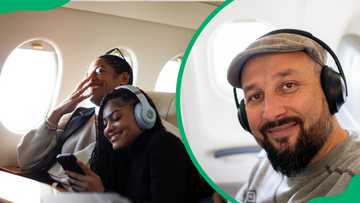Can you bring batteries on a plane? Essential travel guidelines
When travelling by air, it is usual to worry about whether you can bring batteries on the plane. Knowing the guidelines for safe transportation is critical, especially since most of our gadgets are battery-operated. As technology progresses, battery types evolve, and many airlines allow certain batteries on board.
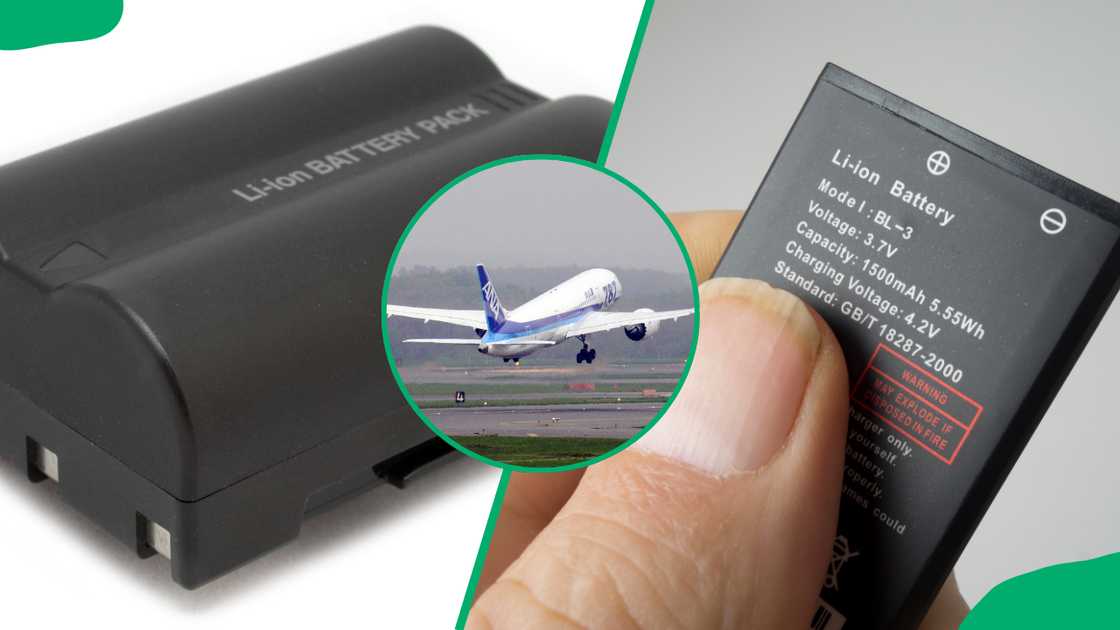
Source: Getty Images
TABLE OF CONTENTS
Some of these energy cells can pose hazards or threats for various reasons, and as a result, airport security may refuse to let them board a flight. Here is a simple method for answering whether you can bring batteries on an aircraft and ensure you are prepared for your next travel.
Can you bring batteries on a plane?
You can bring them on a plane. However, the type and location of the luggage (carry-on or checked luggage) will influence which restrictions you must follow.
Different energy cells have different constraints to ensure their safety during a plane flight. Only for security concerns are you sometimes not permitted to bring some batteries on a flight.
- Some may include corrosive compounds, such as strong acids and alkalis. If a battery is destroyed, it can spill, causing dangerous chemical burns to flesh and other materials and damage to equipment on planes and security scanners.
- Those that have been damaged or are overheated can cause fires. This is especially true for lithium batteries, which power nearly all modern electronics. Lithium battery fires are notoriously difficult to extinguish.
- They can be used to carry explosives into aircraft. Terrorist groups have previously disguised explosives as batteries to get past airport security.
- Checked luggage can be subjected to hard handling and severe temperatures, which might harm batteries and render them hazardous for the aircraft's cargo holds.
Lithium batteries on planes: What you need to know
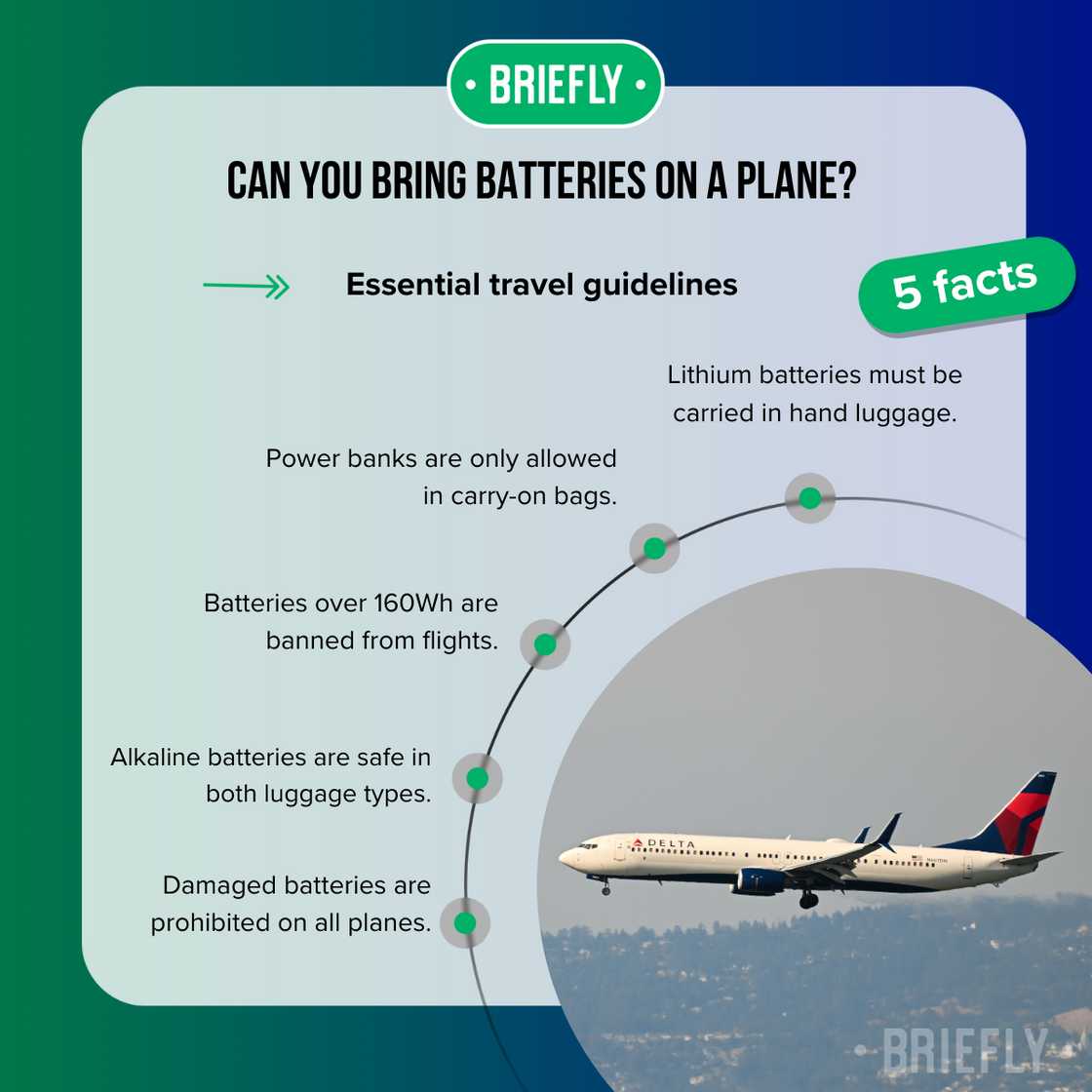
Source: Original
These energy cells are extensively used in laptops, phones, and other electronics. According to UL Research Institutes and Dr. Ya-Ting Liao, associate professor in the Department of Mechanical and Aerospace Engineering at Case Western Reserve University:
"Many characteristics set Lithium batteries apart from other types of batteries. The most important one would be high-energy density. They can store more energy in a smaller and lighter package."
That is one of the primary reasons they are allowed on planes. However, there are some rules. For example, the TSA permits passengers to bring lithium-ion energy cells with power ratings of less than 100 watt-hours (Wh).
If you need to bring a battery with a power rating of 100Wh to 160Wh, you may need approval from the flight attendants. These units must always be in your carry-on luggage because they risk overheating if checked.
Can you put batteries in checked luggage?
Placing them in checked luggage takes careful consideration. Devices with installed batteries can be packed in carry-on and checked luggage, but spare batteries must be carried in hand luggage. According to Delta Air Lines, here are some guidelines for preparing your energy cells before packing them in your hand luggage:
- Store them in their original packaging to avoid accidental activation or short circuits.
- If the original packaging is unavailable, ensure the battery terminals are insulated by keeping them separate from others or metallic objects.
- Use individual protective cases or plastic bags or tape over the battery terminals to keep them isolated.
- Avoid placing any significant pressure on the energy cells to prevent crushing, puncturing, or overheating, which could lead to a dangerous short circuit.
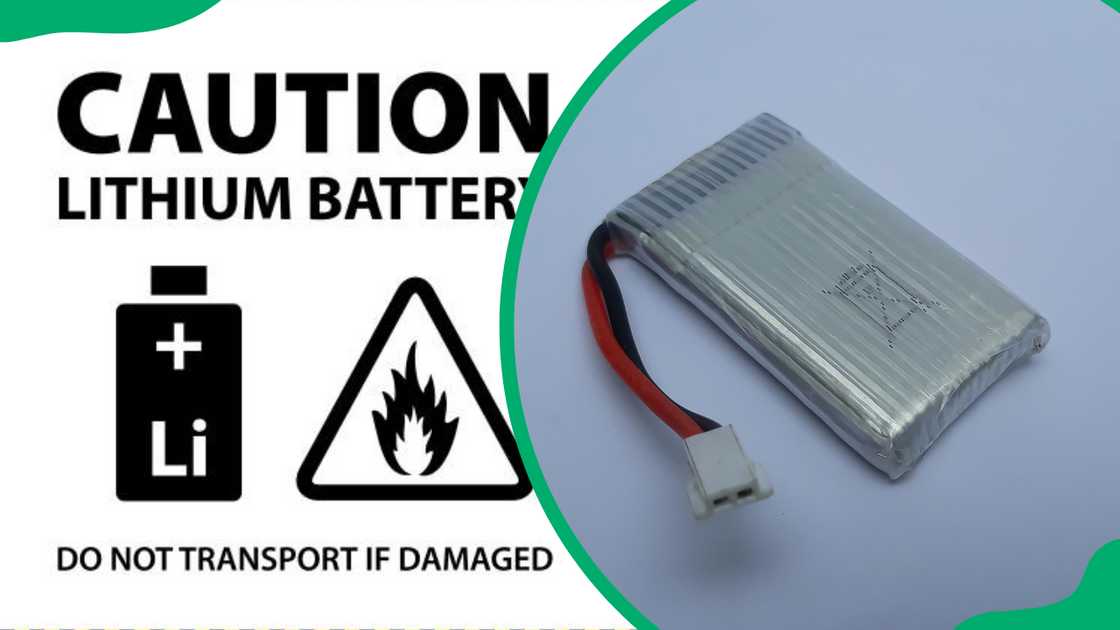
Source: Getty Images
As long as you follow the rules, you will be able to carry your items without stress. As ClimbingCook says in Flyer Talk:
"I fly with random power tool batteries all the time with no issue. Just put them in individual bags in your carry on and you will be fine."
Power banks allowed on planes
Can you bring a portable charger on a plane? According to Flight Right, the answer is yes—but only in your carry-on. Power banks with lithium-ion batteries are prohibited in checked luggage for safety concerns.
TSA regulations exempt portable chargers with capacities less than 100Wh from limitations, but those between 100Wh and 160Wh may require airline permission. Power banks that surpass 160Wh are not permitted.
Alkaline batteries on a plane
Standard alkaline energy cells like AA and AAA are widely used in small electronic devices like remote controls and toys. Can you take them on a plane? According to the Federal Aviation Administration, these are suitable for plane travel and can be transported in either carry-on or checked luggage.
What types of batteries are not allowed on airplanes?
Most energy cells are acceptable; however, there are some limits. The use of damaged or recalled ones is strictly banned.
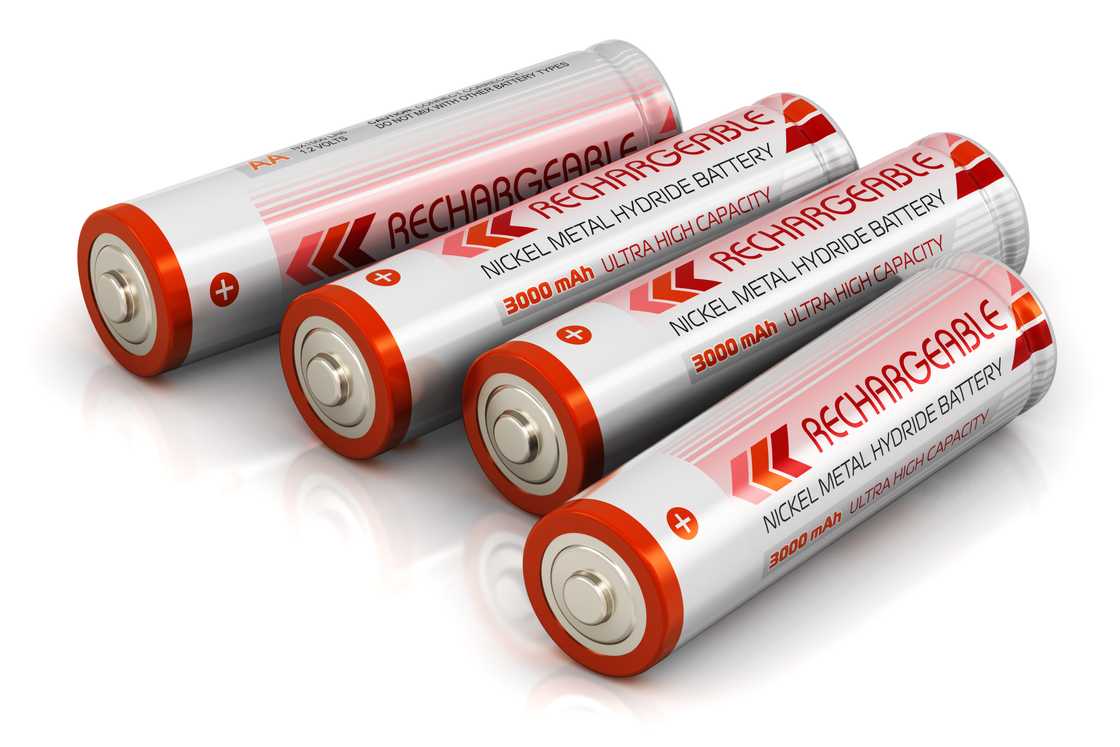
Source: Getty Images
Additionally, lithium energy cells with capacities greater than 160Wh are not permitted on planes due to the risk of fire. Some airlines have special requirements concerning batteries in checked luggage, so check their policies before travelling.
It is worth mentioning that battery-related events do not just occur on those carried by people. According to Reuters, in 2013, Boeing 787 Dreamliner aircraft caught fire due to on-board lithium battery issues.
Where to put batteries when flying
In general, most energy cells should be kept in your carry-on. This includes extra ones, power banks, and any lithium-based battery that is not already installed in a device.
Devices containing batteries, such as computers or phones, can be stowed in carry-on and checked baggage, but it is safest to have them with you. Where do I put them when flying? In short, keep them in your hand luggage unless they are securely attached to a device.
The Transportation Security Administration (TSA) has straightforward guidelines to follow. Here is a summary:
- Lithium-ion battery on a plane: Allowed in a carry-on if under 100Wh. Approval is needed if between 100Wh and 160Wh.
- Batteries in checked luggage: Avoid placing spare energy cells in checked luggage.
- Power banks allowed on planes: In carry-on only.
- Alkaline energy cells on a plane: Safe in both carry-on and checked luggage.
Frequently asked questions
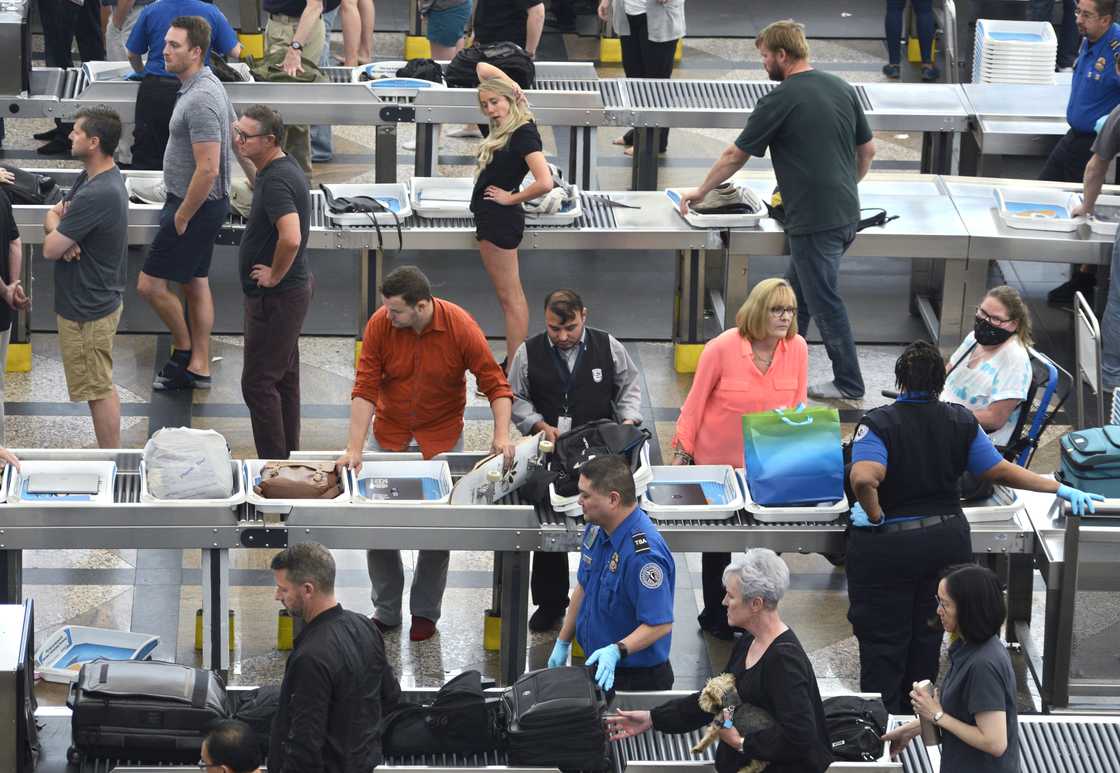
Source: Getty Images
Before you fly, knowing how to handle the energy cells properly is important to avoid any potential issues. Here is a quick look at frequently asked questions regarding batteries and air travel:
- Can you take AA batteries on a plane? You can take them in both carry-on and checked luggage. However, keeping them in your carry-on is recommended to avoid possible damage from extreme temperatures in the cargo hold.
- What type of battery is not allowed on airplanes? Those that are damaged, recalled, or have a capacity exceeding 160 watt-hours (Wh).
- Can you put batteries in checked luggage? According to the Civil Aviation Safety Authority, energy cells installed in devices can be placed in checked luggage, but spare batteries, especially lithium ones, should only be packed in your carry-on for safety reasons.
By following these guidelines, you will know how to bring batteries on a plane and avoid any potential complications. Always double-check with your airline for specific regulations, as rules may vary.
READ ALSO: Can you use Bluetooth on a plane? Do's and don'ts of wireless headphones
Briefly published an article about the do's and don'ts of Bluetooth headphones on a plane. Flying has become a part of many people's daily lives.
With the advancement of wireless technology, passengers frequently ask: Can you use Bluetooth on a plane? The answer is more complex than one might expect.
Source: Briefly News

